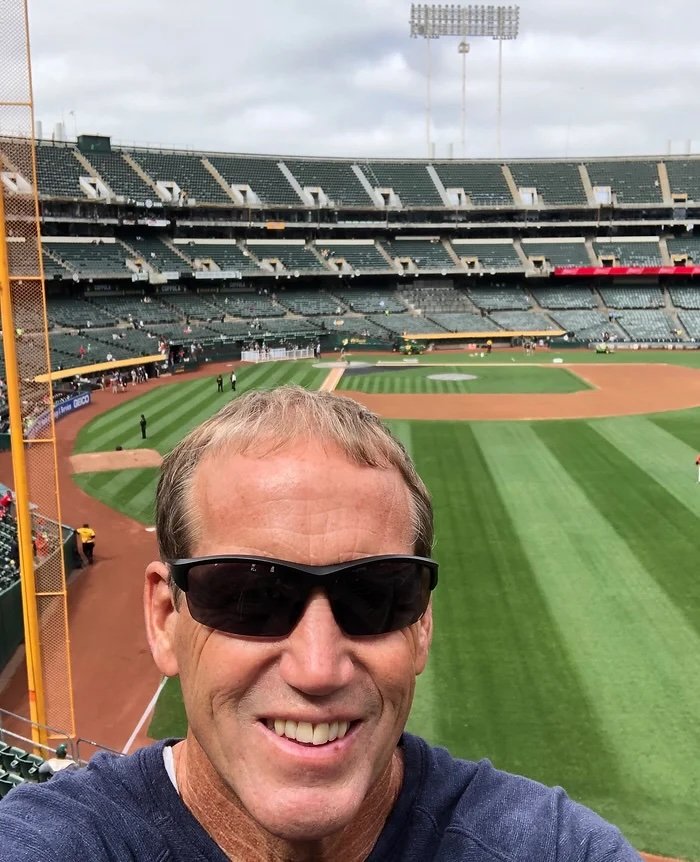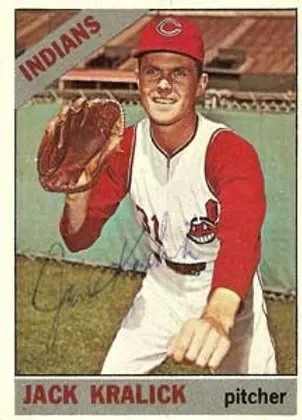Loneliness in a joyful crowd - why happy memories make us sad
Last week I went to see the A's play in their crappy stadium (as compared to just about every other Major League Baseball stadium). No longer surprisingly, they're having another bafflingly good season. Out of the 30 major league teams, Oakland has the 25th highest payroll. Yet, once again, they're fighting for a playoff spot. They intrigue me.
Still, I went mostly to see the Angels' Mike Trout play. Baseball insiders think he may become the greatest baseball player - ever.
Hardly anyone outside of the baseball universe knows this or has even heard of Mike Trout. Which kind of shows how baseball has lost its luster in America, especially with those under... 50?? When I was a kid, baseball was a big thing. Now it's just a thing. Some kids play it. A few are really into it. Most don't care about it.
Trout didn't disappoint. He smashed a 455 foot home run to straightaway center, but what impressed me more was when he hit a ground ball to short. It was cleanly fielded by Marcus Semien who made strong, accurate throw to first. In the major leagues, 99% of the time, that's a routine out. Check that; 99.9 % of the time that's a routine out. This time, though, Trout beat it out for an infield single. I've probably been to a hundred Major League games (and have watched several thousand on TV), but I'd never seen anyone do that.
I'll tell you in a minute why I'm writing this -- I'm betting you don't give a shit about the A's or baseball -- but first I need to tell you that I went to the game alone.
I'd never done that.
In the summer of 1964, my mom and dad took me to my first major league baseball game at Cleveland's Municipal Stadium. I was eight. My dad bought me an Indians' cap and told me to bring my glove. "If a player hits it in the stands," he explained, "you get to keep the ball. So be ready."
No ball was hit close to us, but Cleveland beat Minnesota. Jack Kralick pitched a complete game. Later that summer, he made the All-Star team. When he didn't get in the game, I cried.
Kralik died seven years ago. Dad died in 1991. Mom died last year. The other person I could talk sports with, my brother JT, was killed in a freak accident four months before Mom passed.
These were my thoughts as I sat by myself in the right field stands waiting for the souvenir baseball that still has never come. (I didn't bring my glove. I don't have one any more.)
The A's were down 6-1 in the 7th. The small crowd became even thinner as people made their way to their car or BART, but I stayed. Dad would have liked that. He'd never leave early. "We're staying 'till the last out," he'd say. "You never know."
Oakland scored seven in the seventh, two more in the eighth and won 10-6.
I left the stadium amongst celebrating A's fans. I was happy Oakland won and stayed in the wildcard race, but I wasn't happy. Funny how you can feel loneliest when you're immersed in a crowd of joyful people.
Dante wrote, Non c'è dolore più grande che ricordare nella miseria il momento in cui eravamo felici. (There is no greater sorrow than to recall in misery the time when we were happy.)
So true. It's not the sad memories that make us saddest. It's the happy ones that tear us up.
As I headed home I remembered the baseball games I went to with my dad, mom or brother. And the football games. And the basketball games...
I miss having people who get sports on a deep level - people who'd need no explanation if I told them, "Trout beat out a routine grounder to short."
So that's why I'm writing this. I feel comfortable writing things I'm thinking about but wouldn't normally talk about.
We say we miss people without understanding why we miss them. Or the ways we miss them. There are so many. Too many. But the experiences we shared that no longer can be shared and the mutual deep understanding of a specific area of interest are at the top of my list.
Sadness sneaks up on you at times like when you attend Oakland A's games alone and see things you want to tell people about but then realize there's no one to tell them to.
So I write them.
It helps.
Some.




